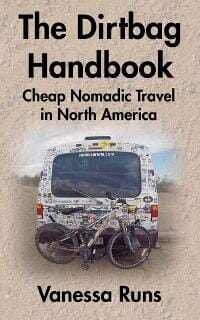


Though her work was far from the Broadway shows she dreamed about, it eventually became all about the nightly hustle to simply survive. Frank and unapologetic, Johnson vividly captures aspects of her former life as a stage seductress shimmying to blues tracks during 18-minute sets or sewing lingerie for plus-sized dancers. “I was the only black girl making white girl money,” she boasts, telling a vibrant story about sex and struggle in a bygone era. "Imagine if violent homes came with safe words," he muses.įitzgerald unearths inspiration from dirtbags of all shapes and sizes, sharing it with sincerity and generosity.Ī former New York City dancer reflects on her zesty heyday in the 1970s.ĭiscovered on a Manhattan street in 2020 and introduced on Stanton’s Humans of New York Instagram page, Johnson, then 76, shares her dynamic history as a “fiercely independent” Black burlesque dancer who used the stage name Tanqueray and became a celebrated fixture in midtown adult theaters. "The Armory" describes the author’s employment in the porn industry, where he learned a lot about honest communication-which leads him back to his childhood. "Maybe I Could Die This Way" is about his stint volunteering with a Christian relief organization in Southeast Asia. In the title essay, Fitzgerald chronicles his escape from his unpromising hometown for an elite boarding school. "The True Story of My Teenage Fight Club" is exactly what it sounds like, as the author describes the Fight Club–inspired group that got him and his buddies through the last years of the 20th century. In between, the kid racked up some legends.

When he was 8, they moved back to the country, and "everything went to shit." Fitzgerald’s anger and despair about the violence and chaos of the years that followed are so deep that they form a kind of bass line to the text, carrying through to the end. In urban Boston, where his mother worked for the Catholic Church, the author experienced a happy but poor childhood. Maybe I could write legends of my own, even though I was often too drunk to write anything down." The author begins this collection of personal legends with a line that he's been using for decades: "My parents were married when they had me, just to different people." What's more, they met at divinity school. "All the big drinking books, by big loud men….Life could be tough,” he writes, “but it could also be the stuff of legend. When business was slow, he read paperbacks from the used bookstore down the block. Down and out in rural Massachusetts, San Francisco, New York City, and Burma.įor a stretch in his 20s, Fitzgerald worked at an iconic biker bar in San Francisco called Zeitgeist.


 0 kommentar(er)
0 kommentar(er)
